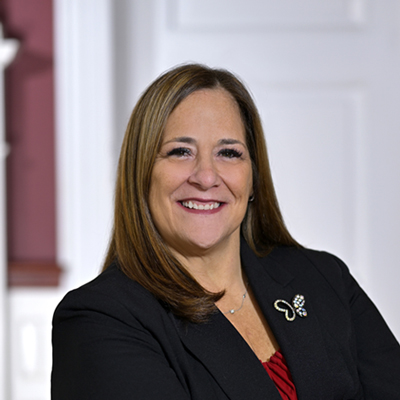There's no question that the responsibility of caring for children falls on their parents. But what happens if both parents die? What if the parents become unfit or unable to care for the child? Who then becomes responsible for the child or children? That's where the guardianship of a minor comes into play.
Sometimes, parents can establish who they would like to serve as a guardian. Otherwise, a family member or someone else must go to court. In these cases, the court appoints the person responsible for the child's best interests. You'll want to involve a guardianship attorney or family lawyer.
For a quick breakdown of guardianship in Pennsylvania, visit our guardianship FAQs.
What Is Guardianship of a Minor?
Guardianship is a legal arrangement that substitutes for parental rights over a child. A court-appointed guardian assumes responsibility for the care of a minor child.
The guardian makes essential decisions for the child's well-being, including where the child lives, health care, and education.
There are two types of guardianships for minors: a guardian of the person and a guardian of the estate. One person may assume both roles; often, two different people or institutions may serve.
What is a Guardian of the Person?
A guardian has physical custody of the child and ensures the minor receives essential needs.
Responsibilities include:
- Providing housing
- Providing food, healthcare, clothing, shelter, safety, etc.
- Making medical decisions for the child
- Enrolling the child in school
Effectively, the guardian assumes the parental duties until the minor reaches 18. As a result, guardianship of a minor represents a temporary solution to adoption, where parents' legal rights continue.
What is a Guardian of the Estate?
A guardian of the estate is responsible for making financial decisions and managing the minors' property until they turn 18.
They manage these concerns:
- Managing the child's assets responsibly
- Maintaining financial records affecting the child's estate
- Providing accounting records for the court
How to Assume Guardianship of a Minor in Pennsylvania
Pennsylvania guardianship laws require filing a petition in the Orphans' court. It details why guardianship is in the child's best interest.
You should contact a lawyer who is familiar with guardianship law in PA.
The process involves:
- Filing the necessary legal paperwork and attachments
- Notifying all interested parties.
- Attending a court hearing.
- A judge will determine if granting guardianship serves the child's best interests.
Who Can Be a Legal Guardian?
Pennsylvania law allows various individuals, including relatives, family friends, or others the court deems suitable to become guardians. The primary consideration in PA is always the child's best interests.
Guardians must be at least 18 years old. Courts won't appoint a parent as a guardian of the estate of a minor unless the parent shares the responsibility with another adult or institution.
Duration of Guardianships
The duration of guardianship for a minor in Pennsylvania depends on the type of guardianship granted.
Temporary guardianships last as long as the court specifies. Courts can choose a family member to be in charge of a child if the parent is temporarily unable to do so, regardless of the reason.
Permanent guardianships remain in effect until the child turns 18 unless terminated earlier by the court.
Enrolling a Child in School as a Guardian
As a guardian in Pennsylvania of a school-age child, you must provide proof of your guardianship status for the school to recognize you.
Schools may require a certified copy of the Guardianship Order. You are entitled to certified copies once the Judge appoints you as the guardian. You will have to pay a small fee for the certified copy.
Guardianship Lawyers in Bucks, Delaware, and Montgomery County, PA
Guardianship of a minor is a significant legal responsibility in Pennsylvania. It encompasses many duties to ensure the child's best interests are always at the forefront.
Consult a knowledgeable lawyer to guide you through the process and help you navigate the complexities.
Our law firm has offices in Doylestown, Norristown, and Wayne, PA. Our lawyers can provide insights to help you make the right decisions.



